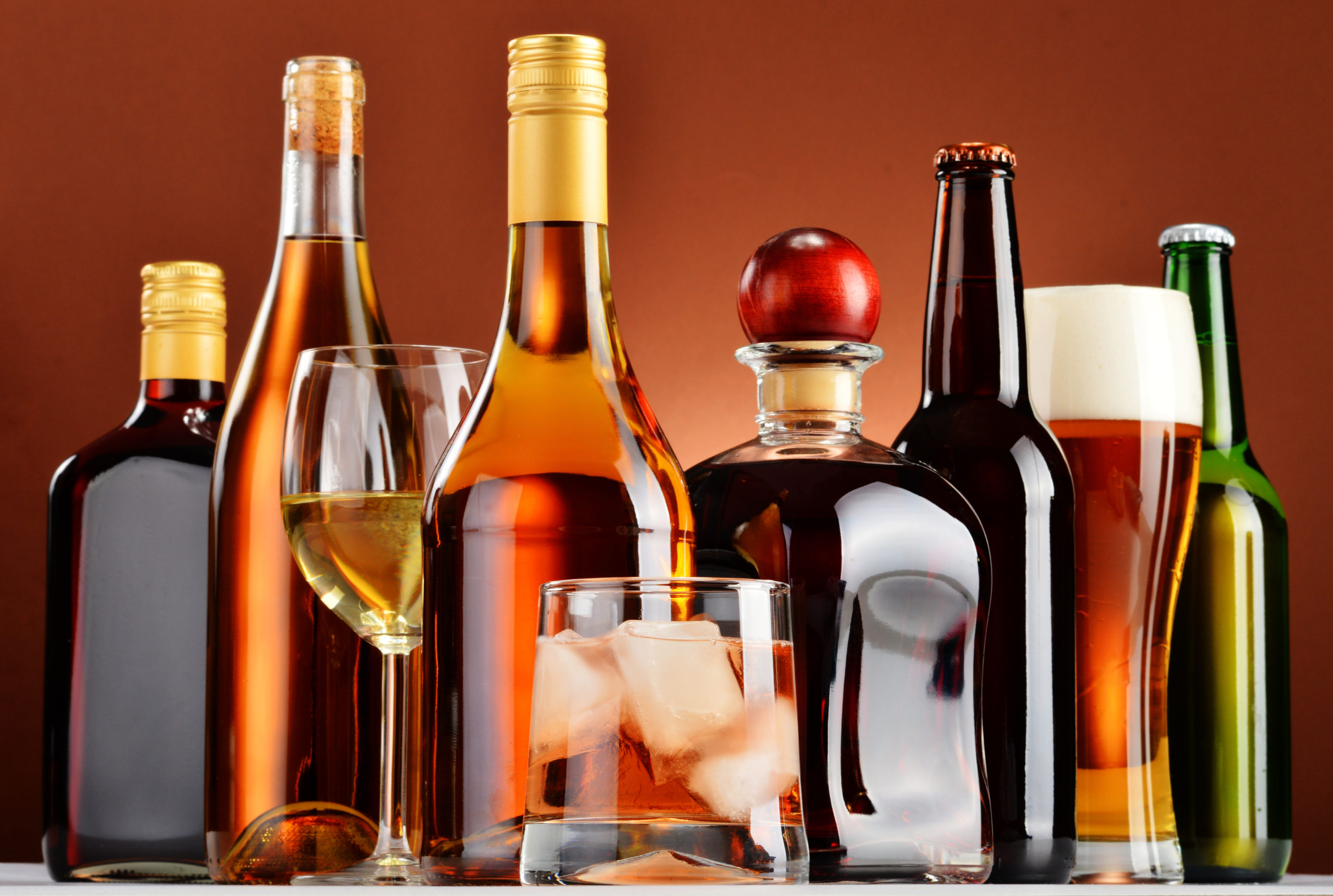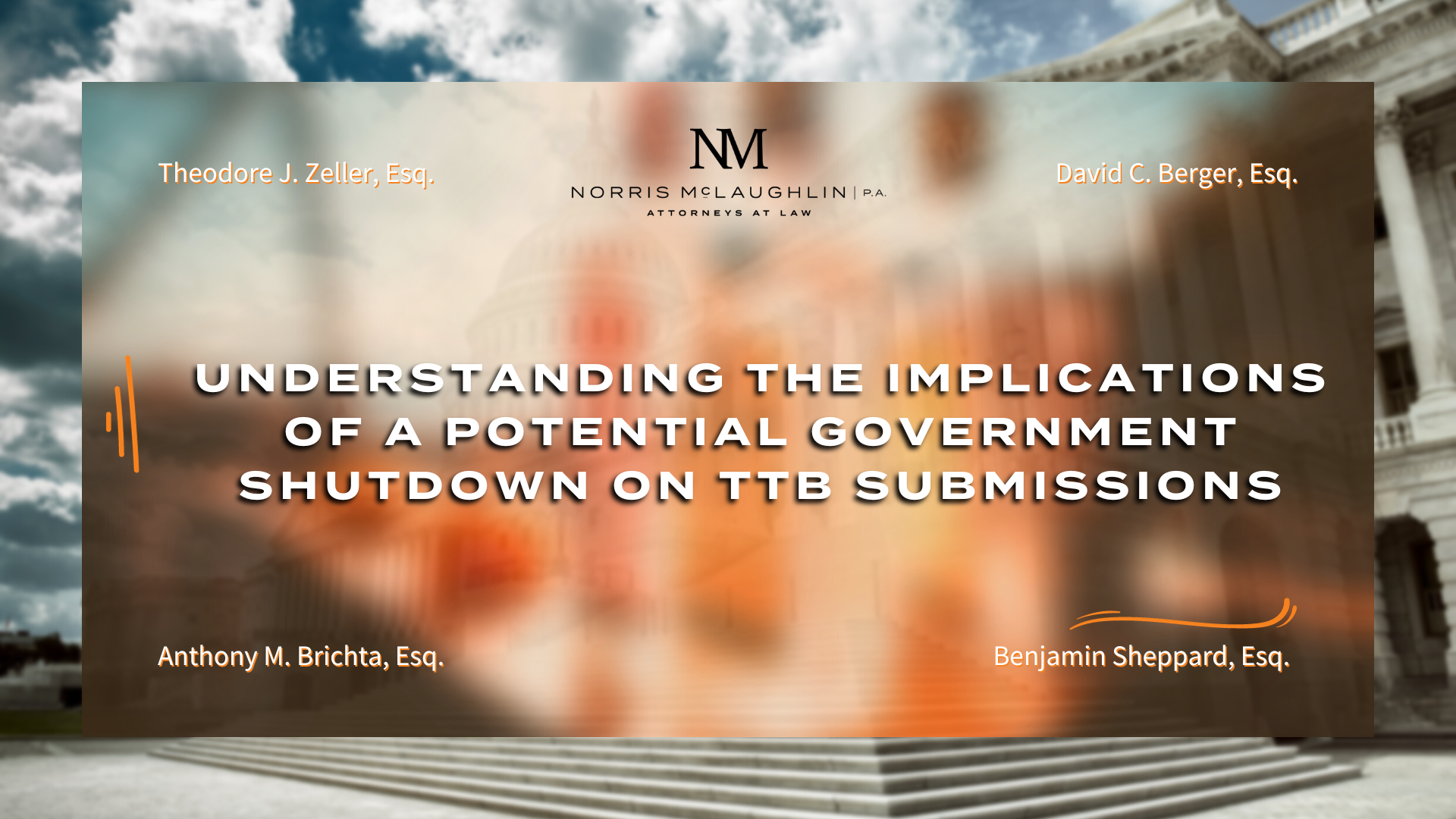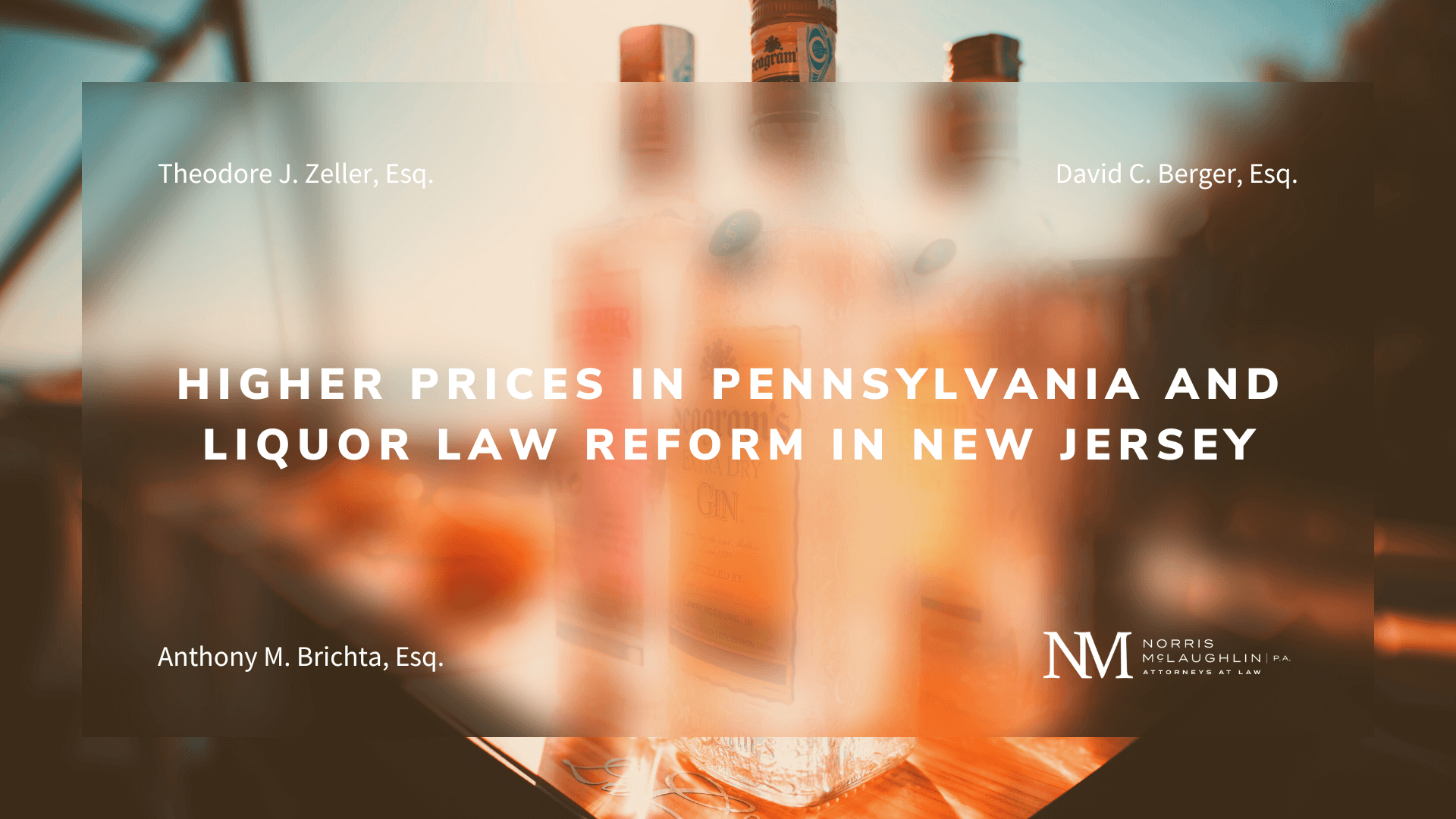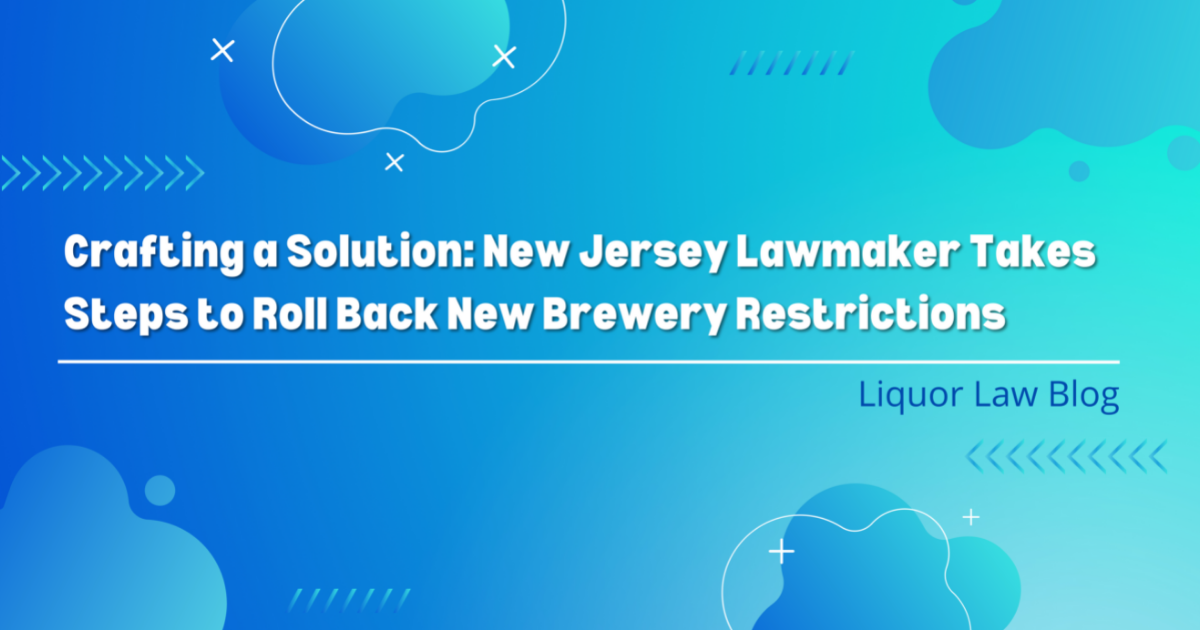New Pennsylvania Liquor Code Changes (HB 1690) About Choices

Last night, Governor Tom Wolf signed Pennsylvania House Bill 1690 into law. As with most pieces of legislation, it is important to drill down on the real details to consider the impacts it may have on the alcohol business in Pennsylvania as well as on consumers. I expect this to be a series of many different articles as this Bill is quite comprehensive. I will try to break down some of the highlights, lowlights, and the bizarre in this initial article. I think it will take a while to assess the impacts until we see the results of choices made by retailers and consumers.
Certainly there are winners and losers in this Bill. The Pennsylvania consumer can claim an incremental win; however, to really achieve convenience, additional revisions to the Liquor Code need to be legislated. The single biggest line item in the Bill is R licenses having the ability to sell up to four bottles of wine to go. Direct shipping to consumers will help, but both of these measures do not come without cost for the consumer convenience. Fortunately, direct shippers can avoid Johnstown Flood Tax, assessed to every bottle of wine and liquor purchased at the State Store at the rate of 18%, but an additional $2.50 per gallon excise tax charge will be assessed, not to mention shipping costs. Since R licenses must still buy their wine from the State Store system, both their regulator and their wholesaler are squarely their competitor. State Stores only offer a 10% discount to licensees, although there are provisions for further discounts for special limited orders with the Pennsylvania Liquor Control Board for wine products they do not keep on their normal shelves; however, special limited order savings will result in limited additional margins available to the retailer. Under any retail business model, a mark-up of 10% or less really is not profitable, so the effect of legislation allowing bottles of wine to go presents the consumer with the interesting choice: pay even more for its wine in Pennsylvania in limited quantities or continue with its current obscure shopping habits of having to go to multiple stores to get their spirits, wine and beer. For the retailers, unless they can realize higher margins, this privilege will be more of a customer service with the hopes that they make their money on other items at their establishments. The good news is that the wine enhancement permits only cost $2,000.00 and can be renewed for 2% of the cost of the previous year’s wine purchases from the State Store.
Clearly, current grocery stores and “bottle shops” (six pack facilities that qualify as restaurants but are more retail in nature) will benefit from this law although they will have to make difficult decisions of which beer items are displaced by wine. These decisions are difficult considering the proliferation of the availability of many different craft beer items and, certainly, craft brewers cannot be happy with this law as many will be displaced by wine on current shelving. This law did not provide for beer and wine to be sold in the aisles of grocery stores and all the sales must be conducted “on licensed premises,” i.e., the limited sections of a grocery store dedicated to beer sales, with prepared foods and 30 seats. Many of these areas are landlocked or building locked, so shelf space will be highly competitive.
There are some unique provisions that permit limited distilleries and limited wineries to now sell each other’s products, as well as any beer legally registered in Pennsylvania. Although limited wineries and distilleries are granted licenses with restrictions on the amount of production, this new law allows them to sell any Pennsylvania, national or international beer at their facility as long as it is legally registered in the Commonwealth. This casts another stone at Pennsylvania brewers. To the extent Pennsylvania brewers have a brew pub license, which already had the ability to serve Pennsylvania limited wines, they only added the right to sell Pennsylvania limited distillery products at their brew pub facilities. All of these privileges are limited to on premise consumption.
Breweries and limited distilleries do get exposition permits and farmers market permits like limited wineries have had for years; however, since the effect of the new brewery sales law last year, the farmers market privileges are marginal at best for breweries. Despite promises by key legislative leaders, and as reported in many news outlets, the Legislature preferred to stay away from beer stakeholders in this legislation and focus on wine. Nevertheless, there are provisions in this Bill which significantly benefit beer wholesalers and have a drastic effect on franchise laws in the Commonwealth of Pennsylvania that could lead to the ultimate demise of many small breweries. Pennsylvania importing distributors, known as beer wholesalers, are now allowed to have up to four storage locations in addition to their primary facility. This would permit the wholesaler to strategically place five locations around the Commonwealth of Pennsylvania. In light of the consolidation in the beer manufacturing industry, which has seen two global brewers dominate more than 80% of the beer market; namely, ABI and MillerCoors, this new provision will certainly lead to more consolidation and could lead to the Commonwealth of Pennsylvania becoming a two-wholesaler state. Yes, all the beer in Pennsylvania could one day pass through two wholesalers as opposed to the somewhat independent system which is in place today with approximately 150 wholesalers. Fear not brewers, the Legislature did provide you with a mug club change which is largely ineffectual and borderline unsanitary. Despite being a key resource in the Commonwealth and hosting the largest production of domestically owned beer in the United States, Pennsylvania brewers did not fare well in this bill and their choice for a wholesale partner will continue to diminish.
Fortunately, the Bill addressed cider laws. The cider laws in the Commonwealth have been inconsistent with the industry for many years and some relief was enacted in this legislation. Now, the maximum alcohol by volume at 5.5% of alcoholic ciders was increased to 8.5%, so producers will be able to sell alcoholic cider like beer at distributors and distributed through wholesalers as opposed to fighting for shelf space at Pennsylvania State Stores and selling their products like wine. It still places certain alcoholic cider producers in a quandary as there are alcoholic ciders over the 8.5% limit, and these producers will have to obtain two different forms of licenses and maintain two different distribution streams. More choices for sure.
This legislation also includes the bizarre. Now, a Canadian driver’s license is a valid form of ID to prove that you are 21. Also, all restaurants are now allowed to be open from 7AM to 2 AM on Groundhog Day. It also includes some punitive measures in reducing the safekeeping period to 2 years for licenses with extensions increased from $5,000 to $10,000. And, why not throw in if you pay big dollars, you can avoid traditional liquor laws with casinos getting all night alcohol service for a fee of 1 million dollars.
Pennsylvania HB 1690 is the first major piece of reform to the Liquor Code in several years. Its immediate impacts will not be entirely clear until retailers can adequately assess the consumer buying habits affected by this Bill. Yes, there are winners and losers. I do believe grocery stores with licenses and “bottle shops” are winners. Grocery stores without liquor licenses and beer distributors are, now, at a more competitive disadvantage and have important choices to make about their future. I do believe it is an incremental positive step for the consumer for the sole fact that it is a stepping stone to privatization. Pennsylvania brewers did not fare well in this Bill, and all craft breweries will be competing with wine for shelf space at retail locations. Further, the number one retailer of beer, which is the Pennsylvania distributor, will experience less foot traffic, which will also hurt breweries. There are some nice privileges for limited wineries and limited distilleries, and one day a large consolidated beer wholesaler will reap the benefits of this legislation. In short, there is still much to do in Pennsylvania to bring it into the 21st century, and consumers and stakeholders have some interesting choices to make as a result of this Legislation.
For additional information regarding this matter, or for addressing any other liquor law matters, please contact Theodore J. Zeller III, Esquire at tzeller@nmmlaw.com or at our offices at 610-391-1800.




